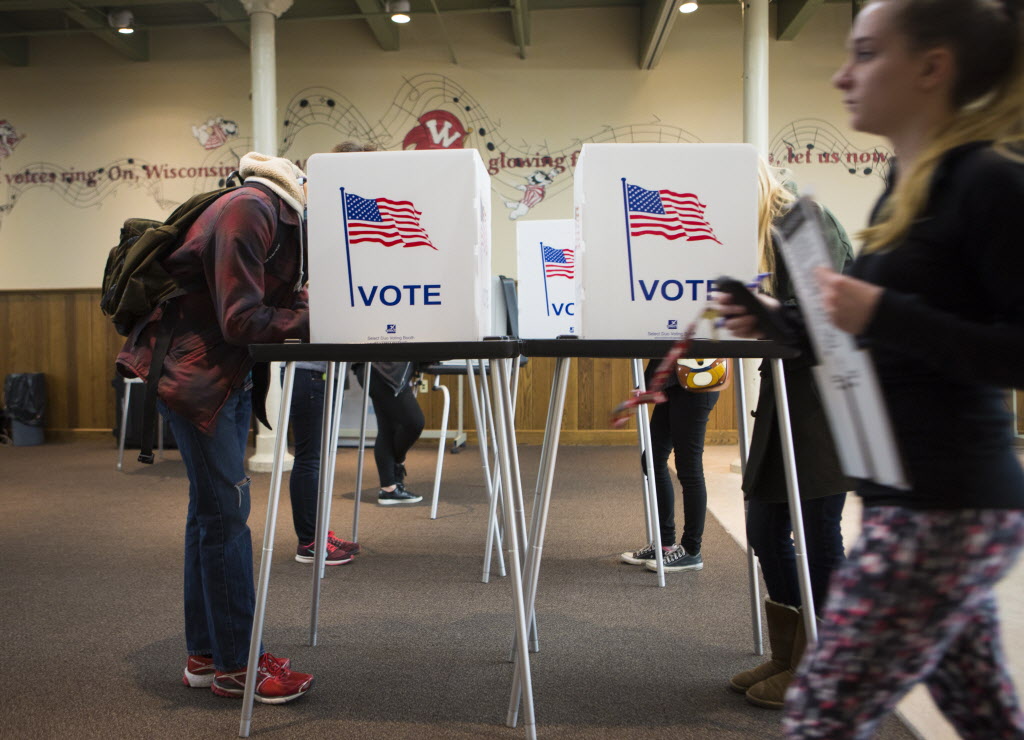Young voters of all political stripes in Wisconsin agree on a big motivating factor driving them to the polls this fall: President Donald Trump.
Their participation could determine the outcome, especially in a state that swings on thin margins like the 22,177 votes that led Trump to victory over Hillary Clinton in 2016. An analysis from the Center for Information and Research on Civic Learning &am...
Please log in to access subscriber content.
If you don't have a subscription, please contact schmies@wispolitics.com for subscription options on the WisPolitics-State Affairs platform, which is the new home for WisPolitics subscriber products.


